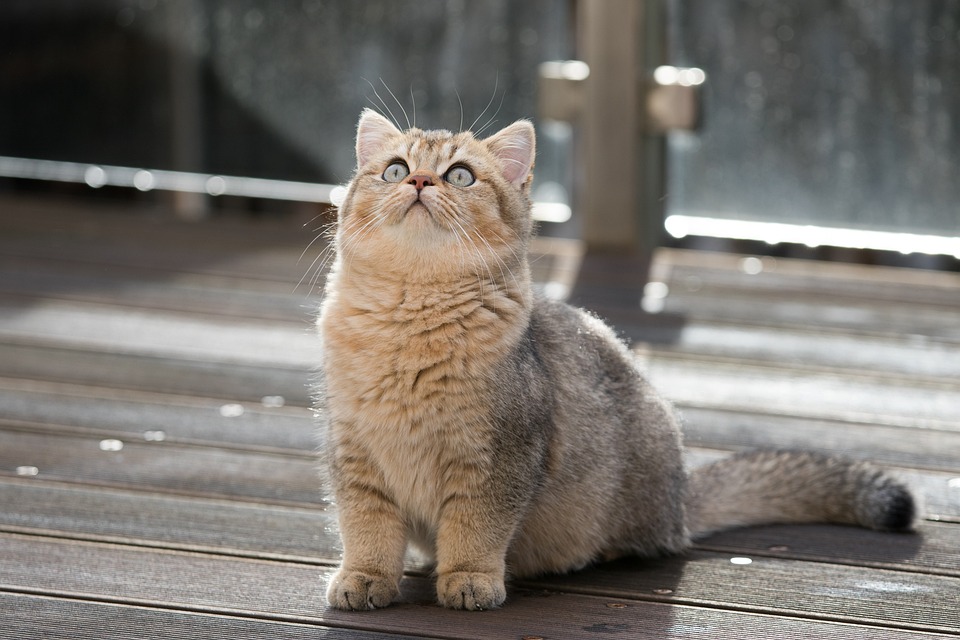Proper nutrition is crucial for maintaining the health and well-being of our feline friends. Cats have unique dietary requirements that differ from humans and other animals. Understanding the science behind cat nutrition is essential to ensure they receive the necessary nutrients to thrive. In this article, we will delve into the essential nutrients your cat needs, their functions, and address some frequently asked questions about cat nutrition.
I. The Building Blocks of Cat Nutrition
1. Proteins:
Proteins are vital for a cat’s diet as they play a crucial role in maintaining bodily functions. Cats require certain essential amino acids that cannot be synthesized in their bodies. These amino acids are responsible for muscle growth, tissue repair, and the production of enzymes and hormones. High-quality protein sources such as chicken, turkey, and fish are ideal for cats.
2. Fats:
Fats are an important component of cat nutrition and provide a concentrated source of energy. They play a vital role in maintaining healthy skin and coat, supporting the immune system, and aiding in the absorption of fat-soluble vitamins. Essential fatty acids, such as omega-3 and omega-6, are beneficial for cats and can be found in fish oil, flaxseed, and poultry fat.
3. Carbohydrates:
Carbohydrates are a controversial topic in cat nutrition. While cats are obligate carnivores and can derive most of their energy from proteins and fats, carbohydrates can still provide some benefits. They can serve as a source of dietary fiber, aid in digestion, and provide a readily available energy source. Appropriate carbohydrate sources include whole grains and vegetables.
II. Essential Nutrients for Cat Health
1. Vitamins:
Vitamins are essential for cats’ overall health and well-being. They play a crucial role in various physiological processes and are necessary for the proper functioning of the immune system, metabolism, and vision. Cats require both water-soluble and fat-soluble vitamins, which can be found in commercial cat foods or through supplementation.
2. Minerals:
Minerals are essential for cats’ overall health, including bone health, metabolism, and nerve function. They are required in specific amounts and can be derived from natural sources such as meat, bone meal, and vegetables.
3. Water:
Water is a vital nutrient for cats and plays a significant role in maintaining their well-being. Cats have a low thirst drive, so it is essential to provide them with fresh and clean water at all times. Lack of proper hydration can lead to urinary tract issues and other health problems. Cats should consume approximately 60-70ml of water per kilogram of body weight daily.
III. Addressing Frequently Asked Questions
1. How much should I feed my cat?
The appropriate portion size for your cat depends on factors such as age, weight, and activity level. Feeding guidelines on cat food labels can provide a starting point, but it is essential to monitor your cat’s body condition and adjust the portions accordingly.
2. Should I feed my cat a wet or dry food diet?
Both wet and dry cat food have their pros and cons. Wet food provides higher moisture content and can be beneficial for cats that have issues with hydration. Dry food is convenient and can aid in dental health. It is recommended to find the right balance between the two based on your cat’s needs.
3. Are homemade diets a good option for cats?
Homemade diets can be challenging to formulate correctly, as cats require specific nutrient ratios for optimal health. It is best to consult with a veterinarian or a veterinary nutritionist to ensure a homemade diet is balanced and meets all the necessary nutritional requirements.
4. Is it necessary to supplement my cat’s diet with additional nutrients?
Supplementation may be necessary in certain cases, such as for cats with specific health conditions or deficiencies. However, it is crucial to consult with a veterinarian before introducing any supplements to ensure they are appropriate for your cat’s individual needs.
Conclusion:
Cats require a well-balanced diet that provides all the essential nutrients they need for optimal health. Understanding the science of cat nutrition is key to ensuring that their dietary requirements are met. By incorporating high-quality protein sources, appropriate fats, carbohydrates, vitamins, minerals, and sufficient hydration, you can provide your cat with a nutritionally sound diet. Remember, consulting with a veterinarian is always recommended for personalized dietary advice tailored to your cat’s specific needs.








